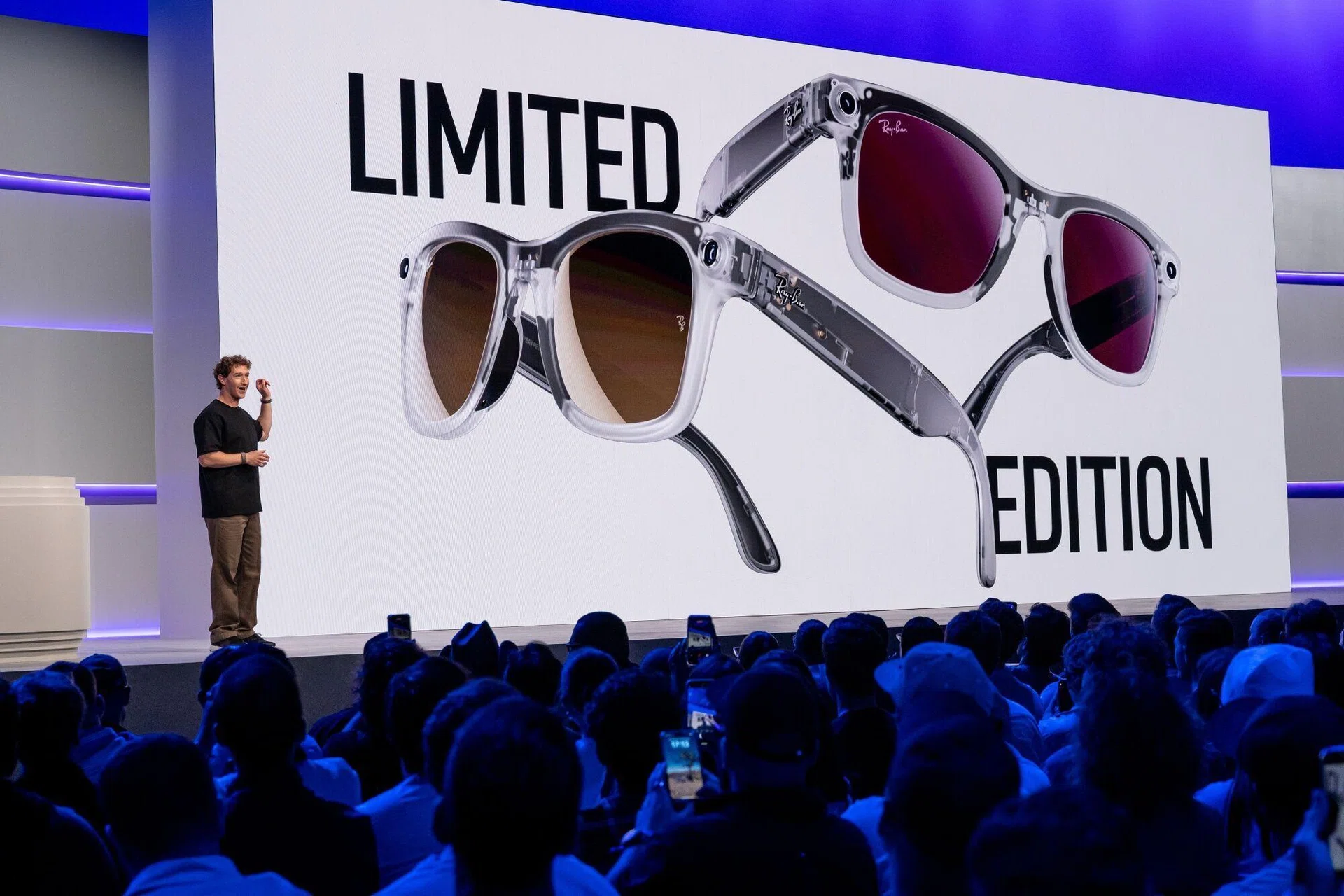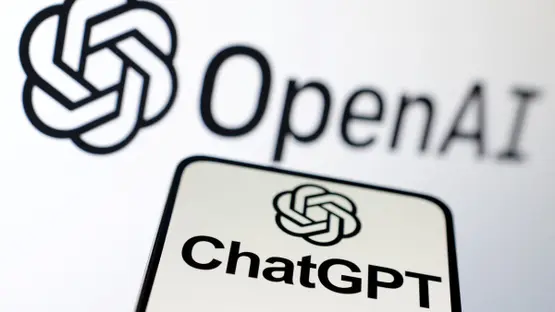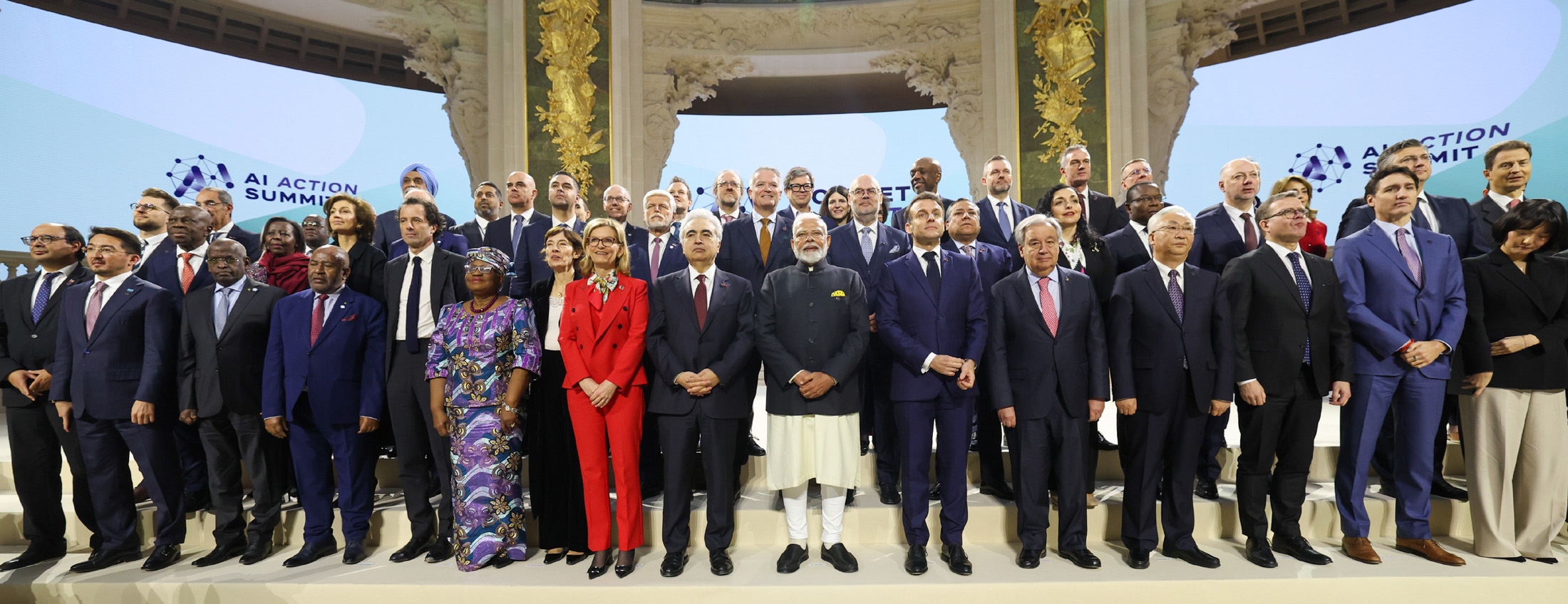In a world increasingly defined by wearable AI, Meta’s latest Ray-Ban Display smart glasses—unveiled just days ago at the company’s annual Connect conference—promise to blend augmented reality (AR) with everyday eyewear. Priced at $799 for the premium model, these glasses feature a built-in high-resolution display in one lens for real-time notifications, live language translation, landmark identification, and hands-free AI assistance via a neural wristband that reads subtle gestures. But as buzz builds around this fusion of style and superintelligence, a pressing question emerges for Africa’s 1.4 billion people: Do these innovations hold transformative significance for the continent, or will they widen the digital chasm?
Bridging Barriers: Real-Time Translation and Multilingual Africa:
Africa’s linguistic tapestry—over 2,000 languages spoken across 54 nations—has long been both a cultural treasure and a barrier to commerce, education, and mobility. The Ray-Ban Meta glasses, powered by Meta AI, offer live translation of conversations and signage, a feature that could revolutionize cross-border interactions in a region where trade corridors like the African Continental Free Trade Area (AfCFTA) rely on seamless communication.
Imagine a trader in Lagos negotiating with a partner in Addis Ababa: The glasses whisper translations in real-time, overlaying subtitles on the display for clarity. “This isn’t just tech—it’s a bridge for Africa’s pan-continental dreams,” says Dr. Aisha Bello, a tech policy expert at the African Union’s Digital Transformation Strategy. Early adopters in South Africa, where the glasses are already available through retailers like 180by2, report using them for multilingual business calls, echoing Meta’s own demos of WhatsApp integration. For rural educators or health workers in linguistically diverse areas like Kenya’s Rift Valley, this could mean instant access to translated medical guidelines or lesson plans, amplifying efforts to close the education gap.
Yet, accessibility remains a hurdle. While the base Ray-Ban Meta Gen 2 model starts at $299 and is sold in select African markets, the AR-equipped Display version won’t hit shelves until 2026 in Europe and North America, with no firm timeline for African rollout. South Africa leads in availability, but countries like Nigeria or Ethiopia may face import delays and duties, pricing them out for the average user earning under $2,000 annually.
Empowering the Visually Impaired:
Assistive Tech Meets Local Innovation
One of the most poignant significance lies in assistive technology. With over 40 million visually impaired Africans—many in underserved areas—the glasses’ AI-driven object recognition and audio descriptions could serve as a low-cost alternative to bulky aids. Meta’s research highlights potential for real-world navigation, where the device identifies obstacles, reads text aloud, or describes scenes via open-ear speakers. A 2023 study in AI Ethics journal praised earlier Ray-Ban models for enhancing independence, a boon in regions with limited Braille resources or guide services.
This resonates with homegrown African ingenuity. In Nigeria, 17-year-old inventor Khalifa Aminu recently developed sensor-equipped glasses that beep to alert blind users to obstacles, drawing global attention but struggling for funding.
Similarly, South African students at the University of Pretoria created 3D-printable X-ray prototype glasses to address healthcare backlogs, placing third in an international innovation contest.
Meta’s entry could inspire collaborations, perhaps integrating local datasets for better accuracy in African contexts—like distinguishing between a pothole in Accra and a market stall. “If Meta opens its API for African developers, we could customize these for our realities,” notes tech innovator Ameen Soleman, who recounted a border hassle with the glasses in Saudi Arabia but sees untapped potential for African travel.
Economic Ripples: Productivity Boost or Digital Divide Deepener?
The broader impact on Africa’s economy could be profound. Meta envisions these glasses as “personal superintelligence,” enabling hands-free content creation with 12-megapixel cameras and 3K video—ideal for the continent’s booming creator economy, from TikTok influencers in Johannesburg to vloggers documenting wildlife in Tanzania. Integration with fitness apps like Garmin could track health metrics in real-time, supporting initiatives like Uganda’s community sports programs.
Professor Arthur Mutambara, former Zimbabwean deputy prime minister and AI author, warns that Africa’s AI lag—fueled by energy shortages—risks ceding the $15 trillion global AI market to others, despite the continent supplying critical minerals like cobalt. Widespread adoption could create jobs in AI training, app development, and repair ecosystems, potentially mirroring the smartphone boom that added 1.7 million jobs continent-wide.
However, critics argue the impact may be uneven. At $799, the glasses are a luxury for urban elites, exacerbating divides in a region where 600 million lack reliable internet. Privacy fears loom large too: Harvard students recently demoed an app using the glasses to dox strangers via facial recognition, spotlighting risks of surveillance in surveillance-wary societies like Ethiopia. Ethical concerns, including data harvested by Meta amid child safety scandals, could erode trust.
“Without African-led regulations, this tech could profile rather than empower,” cautions digital rights advocate Ibilolia Adefolaju.
A Call for Inclusive Innovation:
Meta’s AI glasses signal a wearable future where AI augments human capability, but for Africans, their true significance hinges on localization. Early users, like Zambian biker Abdi Zeila who lost his prescription pair in Lusaka but praised its utility, hint at grassroots appeal.Rwanda’s tech-savvy youth, buzzing at events like the Giants of Africa festival, already experiment with them for content creation.
As Meta aims for 10 million pairs annually by 2026, the continent must demand affordable variants, energy-efficient designs, and partnerships with local innovators. “Africa isn’t just a market—it’s a co-creator,” says Bello. If harnessed right, these glasses could illuminate paths to equity; otherwise, they’ll remain a distant gleam.




